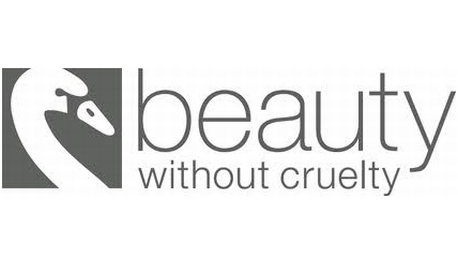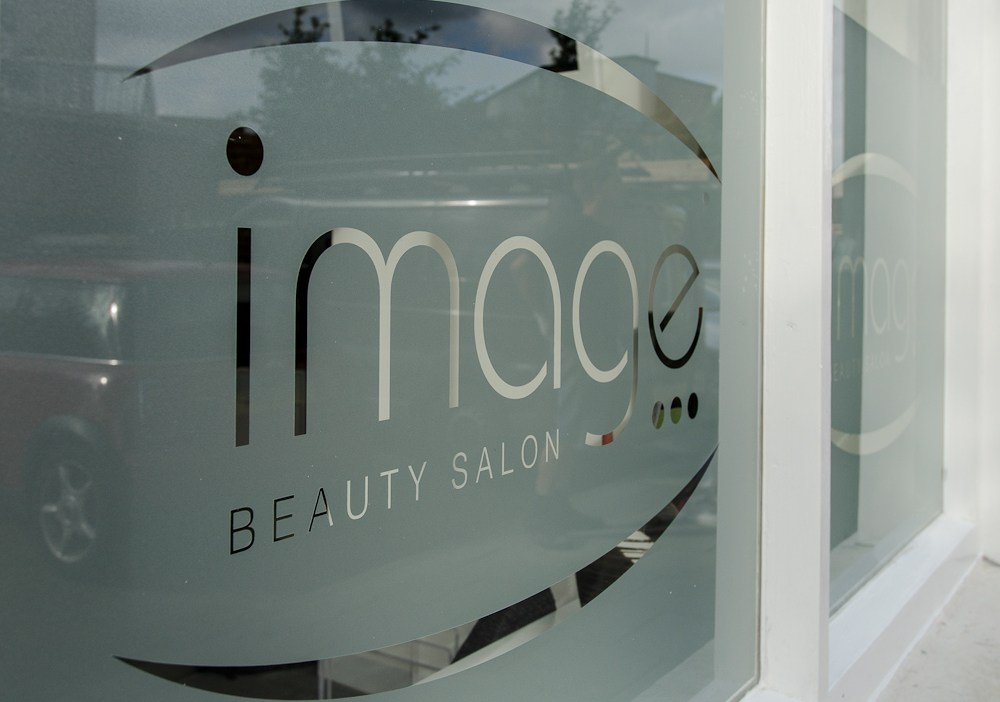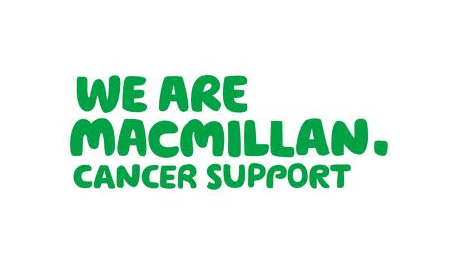Go on, Google yourself. Pleasantly surprised? There, you can relax. If, on the other hand, you found something wince-worthy, here are some of Affinity PR’s processes and strategies for dealing with any negative comments and reviews:
- Has the negative comment happened because you made a genuine error (of judgement, expression, by inadvertent miscommunication of what you intended to convey, a context-changing typo or similar)? If so, put it right immediately. Admit you made a mistake and are happy to have the opportunity to clarify what you really intended to say or do. Ask them to get in touch with you offline, so you can talk through any outstanding queries. Eating a little humble pie now can save an awful lot of PR problems later. Then step away and let everyone cool down.
- Did they make a genuine error? Can you see from the context of their complaint that they are just misinformed? Tactfully, give them the full picture (i.e. avoid any use of the word “actually” as that can come across as confrontational). This shows why putting in place official PR Response Solutions is a good idea, such as company Statements on various subjects, FAQ’s, Media Releases etc. These essential components of any good Risk Assessment/ Business Continuity Planning process can buy time while you are dealing with any additional issues arising from the complaint. Ironically, this complaint may have helpfully alerted you to a much bigger problem that needs your immediate attention. Be measured in tone so it’s always professional but light (e.g. “We’re happy to clarify that our policy has always been X and you can read the full details here….”).
- Meant every word and you’re ready to stand up and fight? If you’ve received a personal attack online for expressing your strongly-held view or policy, decide how important this subject is to you and to the overall success of your business. If it’s an integral business value that underpins your entire commercial ethos, do defend your comments strongly with a professionally written PR response that explains why your company believes this. If it’s not integral, consider whether this is the right battle to fight in the public domain, with people who might be sector influencers. Entrepreneurs need to be adaptable and resilient, so acceptance that it’s ok for someone to disagree with you is part of that, provided that it’s expressed with courtesy and respect.
- There are always exceptions and sometimes decisive action is required. Vindictive, hate-filled personal attacks (misogyny or racist, sexist, homophobic comments etc) cannot be tolerated, but it’s important that you are seen to explain why you are now going to remove the post and why you find it offensive (as sometimes prejudice really is caused by sheer ignorance). Keep your responses brief, professional and calm, then hit “delete”. Don’t “invite” someone to remove their own offensive posting – that’s passive behaviour that is unlikely to yield a satisfactory outcome. Always take decisive action yourself.
- Should you always delete someone’s negative post? No. You’re a grown up. Social media can be as fickle as it is fast-moving. Today’s massively heated debate may fizzle out tomorrow. Keep a close eye on what’s happening but resist the temptation to pitch in without due consideration of all the facts, options and consequences. If the situation rapidly deteriorates into an online cull of your reputation, one focused and timely response is better than lots of rapid-fire responses of the “Yes, but…” variety. The latter risks looking defensive or just disorganised (i.e. as if you’re making up communications strategy “on the hoof”). Sometimes, allowing an open debate to run its natural course without your input at all can be the best strategy.
- Do you ignore the bad reviews and only acknowledge the good ones? What’s best? Decide on the PR Response Strategy that fits with your overall brand values. For example, part of the allure of high end brands is created by cultivating an air of exclusivity and mystique. So their online content may need to be somewhat aloof in tone and one-way. In this way they may be perceived as “above it all” (luxury brands often won’t allow any online engagement beyond a “Like” or “share” function). The same strategy won’t work for family-friendly informal restaurants, though. Their customers want chat and full engagement, written in a friendly tone. Decide what approach best fits your brand and type of customers, then apply it consistently.
Can PR’s keep bad stuff out of the media? Our experienced reputation manager can certainly advise on all your best strategies to turn around a negative PR situation. This may include specialist advice from a lawyer on the full consequences of any damage-limitation campaign.





























